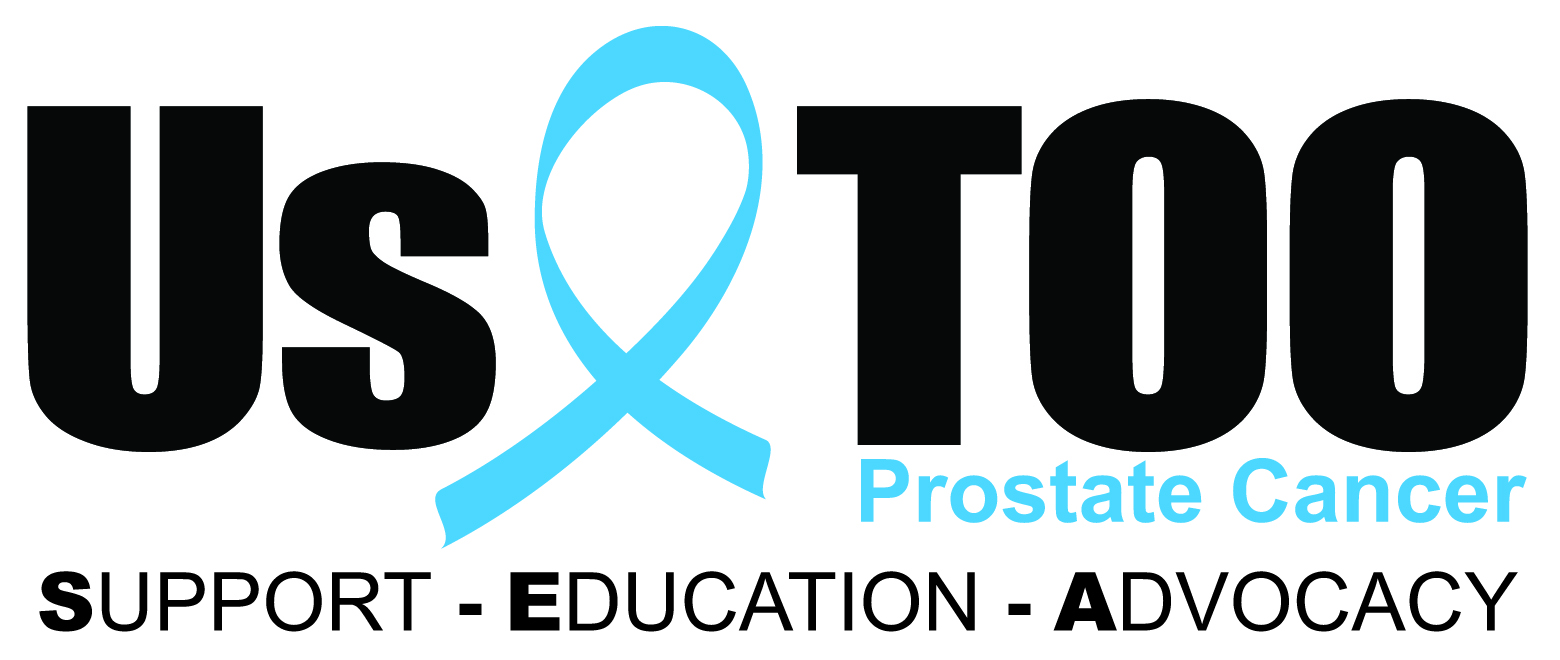Being diagnosed with cancer is a highly stressful life event for anyone, which leads to a range of problems such as anxiety, depression, fear (of the disease recurring, of the future…), not to mention the physical consequences brought about by side effects of the treatment.
In the case of prostate cancer, the likelihood of the treatment having major repercussions on the patient’s quality of life is high, above all with regard to the possibility of urinary incontinence and /or erectile dysfunction as a consequence of the treatment and other outcomes which may include loss of libido, gastrointestinal problems, mood swings….
The psychological repercussions of prostate cancer are twofold, meaning that they can be broken down into two main aspects: those relating to cancer as a whole and those which are specific to the localisation of the illness and the treatment:
– With regard to the psychological repercussions of cancer, these arise as a result of the general population associating the diagnosis with death, the social stigma and uncertainties which continue to exist even now regarding its causes and therapeutic. The most frequent disorders in terms of state of mind are anxiety and depression. Insomnia, anorexia and a disruption in daily activities may also arise as can a persistent fear of a relapse.
– Due to the potential effects of its treatment, prostate cancer represents an added threat for the sufferer which is a direct result of perceived damage to their self-image and manliness. This can have serious effects on their relationship, not to mention their self-esteem. Possible consequences such as incontinence and sexual impotence damage the patients’ vision of themselves as men, fill them with shame and embarrassment. If still working the patient may experience functional difficulties in the workplace, as a consequence for instance of needing to pass water more frequently, with everything this entails, and the added fear of his colleagues finding out. Those who no longer work may suffer emotional effects which are further enhanced by retirement (with all its implications in our society) added to loss on a physical level which in turn leads to decreased self-esteem.
Furthermore, prostate cancer brings to the surface two major aspects, both of which relate to medical aspects although they may exacerbate anxiety in the patient:
– Deciding between different alternatives for treatment: having to make a choice between the different courses of treatment with their different side effects has a double repercussion on the patient’s wellbeing. On the one hand, this adds to the anxiety deriving from not knowing whether he has made the right choice. On the other hand, if the physician ensures that the patient is indeed well informed, that is, with equanimity and objectivity, this helps him feel in control which is very important especially from a man’s point of view. In some cases, for patients who have not been educated at all, or inappropriately so, the level of anxiety is raised. It is highly important for the patient to feel that communication channels between him and his physician are wide open.
– Tumour marker-related knowledge: these days, cancer patients are receiving more and more information in terms of numbers, meaning that they know very well when those numbers indicate that something isn’t right. The prostate cancer patient tends to be well informed with regard to his PSA and as he waits for his results, or when faced with minimal increases, he is likely to feel anxious. This is known as “PSA anxiety” and can build up to become a genuine psychological issue. Some patients plot PSA graphs, whilst others turn to other analysts to corroborate results.
Prostate cancer is a major challenge in the life of the affected persons. It affects many aspects of their lives on a personal, work and/or social level. This is why it is important for them to be provided with psychological support, whether on an individual basis or with their partner, when resources that are usually available to the sufferer are lacking. One way to help reduce this anxiety and devastation is for the patient to be as well educated as possible with regard to his illness, its treatment and treatment side effects. Good communication with the physician is a key factor in achieving the patient’s peace of mind and helping him feel in control.
 English
English Español
Español


